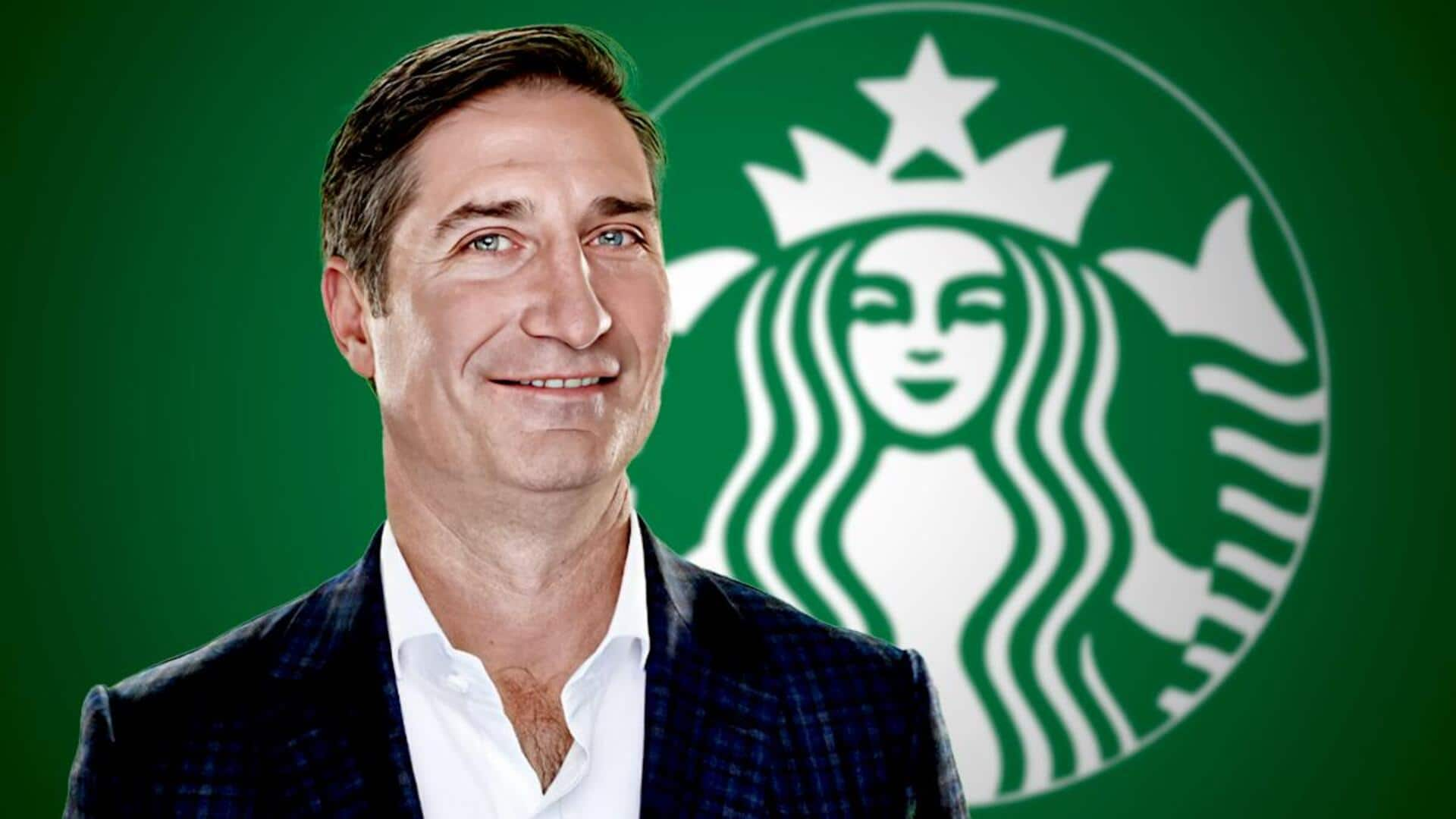
Starbucks's new CEO gets $113 million pay package, work-from-home option
What's the story
Starbucks has announced a generous compensation package for its incoming CEO, Brian Niccol. The 50-year-old executive is set to receive an estimated total compensation of $113 million, as reported by Fortune. This substantial financial offer underscores the high cost of securing top-tier talent for corporate turnarounds. Niccol's package includes a $10 million sign-on bonus and a $75 million equity grant.
Additional benefits
Niccol's future earnings and unique work arrangements
In addition to his initial compensation, Niccol could earn an extra annual grant worth up to $23 million starting in fiscal 2025. This is over and above his $1.6 million annual salary and a performance-based cash bonus ranging from $3.6 million to $7.2 million. Starbucks has also made unique accommodations for Niccol, allowing him to work remotely from Newport Beach, California, instead of relocating to the company's Seattle headquarters.
Company's stance
Starbucks defends Niccol's compensation package
A Starbucks spokesperson defended the compensation package, stating that Niccol is one of the most effective leaders in their industry, generating significant financial returns over many years. "His compensation at Starbucks is tied directly to the company's performance and the shared success of all our stakeholders," the spokesperson said. The company expressed confidence in Niccol's ability to deliver long-term value for partners, customers, and shareholders.
CEO transition
Niccol's track record and Starbucks's leadership change
Niccol is replacing Laxman Narasimhan, under whose leadership Starbucks experienced a 23.9% decline in share price and a $32 billion market cap loss. Niccol's impressive tenure at Chipotle, where he oversaw an 800% stock price growth and nearly seven-fold increase in profits over six years, appears to be the driving force behind Starbucks's generous offer. This leadership change comes as Starbucks navigates post-pandemic work culture shifts.